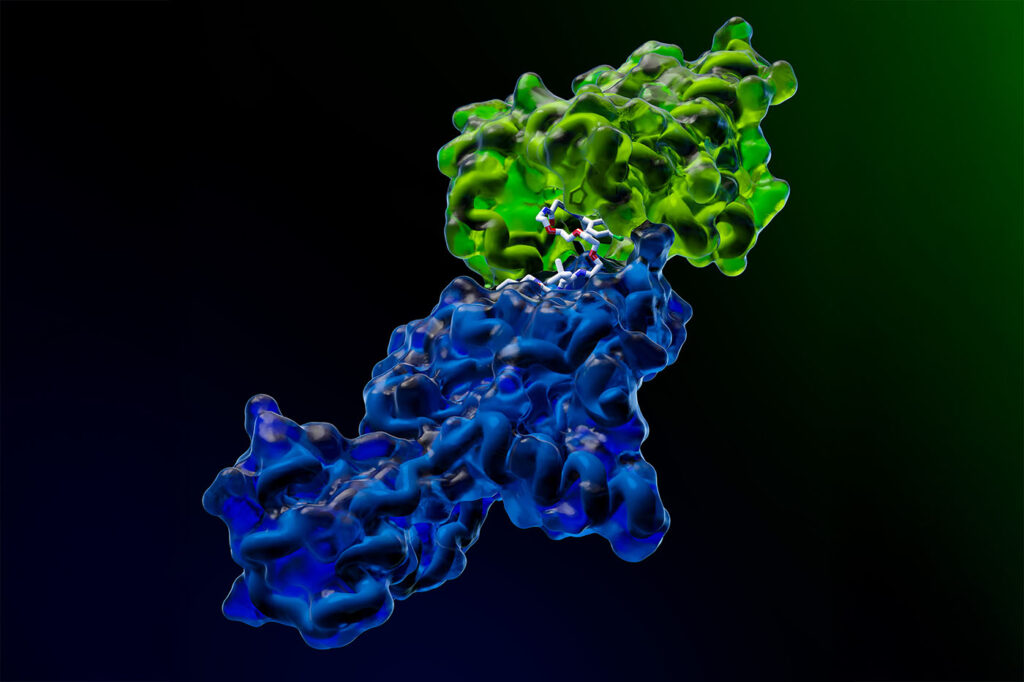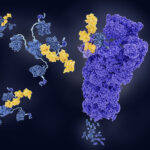Sponsored content brought to you by
The field of targeted protein degradation (TPD) is advancing at an unprecedented pace, offering novel therapeutic strategies for addressing previously undruggable targets. However, efficient and reproducible protein quantification remains a significant challenge in the space. Simple Western™ assays provide a powerful solution, enabling researchers to obtain highly quantitative, reproducible data with minimal hands-on time. Now, with the introduction of Leo™ System, the latest innovation in the Simple Western family, protein degradation research has never been faster or more reliable.
Why Simple Western for targeted protein degradation?
Simple Western is a next-generation capillary-based immunoassay technology that provides fully automated protein detection and quantification. With features such as size-based separation, single antibody-based detection, and total protein normalization, Simple Western Technology overcomes the limitations of traditional western blotting and adds size-based specificity that plate-based assays lack. For TPD applications, this means:
- Quantitative Result—Simple Western provides precise and reproducible protein quantification, critical for determining degradation efficiency.
- High Sensitivity—Detect low-abundance proteins with superior sensitivity, ensuring accurate measurements even at low concentrations.
- Fast Turnaround—Get results in just a few hours, compared to the full day or more required for traditional Western blotting.
- Minimal Sample Requirements—Analyze as little as 3 µL of sample, preserving precious experimental material.
- Multiplexing Capabilities—Analyze multiple targets simultaneously and
perform total protein normalization simultaneously.

Introducing Leo: The ultimate tool for TPD research

The Leo system takes automation and ease-of-use to the next level. Designed for precise bioanalytical measurements and high-throughput protein analysis, Leo provides the fastest Simple Western workflow yet. Leo offers flexibility with the ability to run 25–100 capillaries per run and process up to 96 unique samples in a single run (Figure 1). As a result, Leo produces full dose-response curves to accurately characterize degraders (Figure 2).
Transforming Protein Degradation Workflows
For researchers investigating PROTACs, molecular glues, or other protein degradation strategies, Leo dramatically simplifies the workflow while enhancing data accuracy. With its streamlined automation, rapid time-to-results, and unparalleled reproducibility, Leo enables researchers to accelerate drug discovery and development, making it an indispensable tool for any TPD lab.
 Learn more about Simple Western www.bio-techne.com/simple-western.
Learn more about Simple Western www.bio-techne.com/simple-western.




